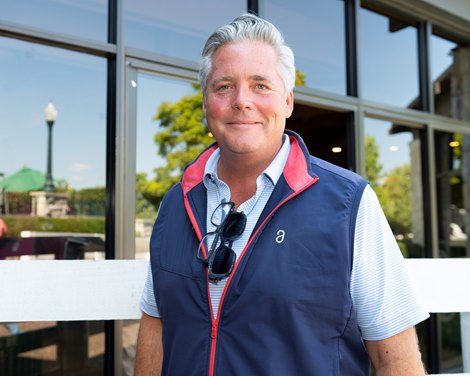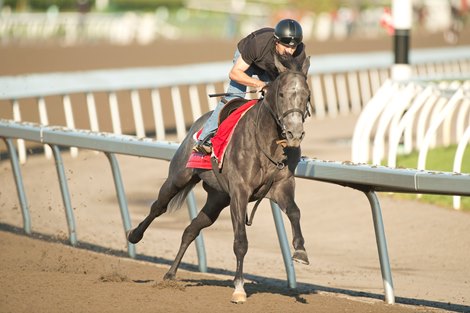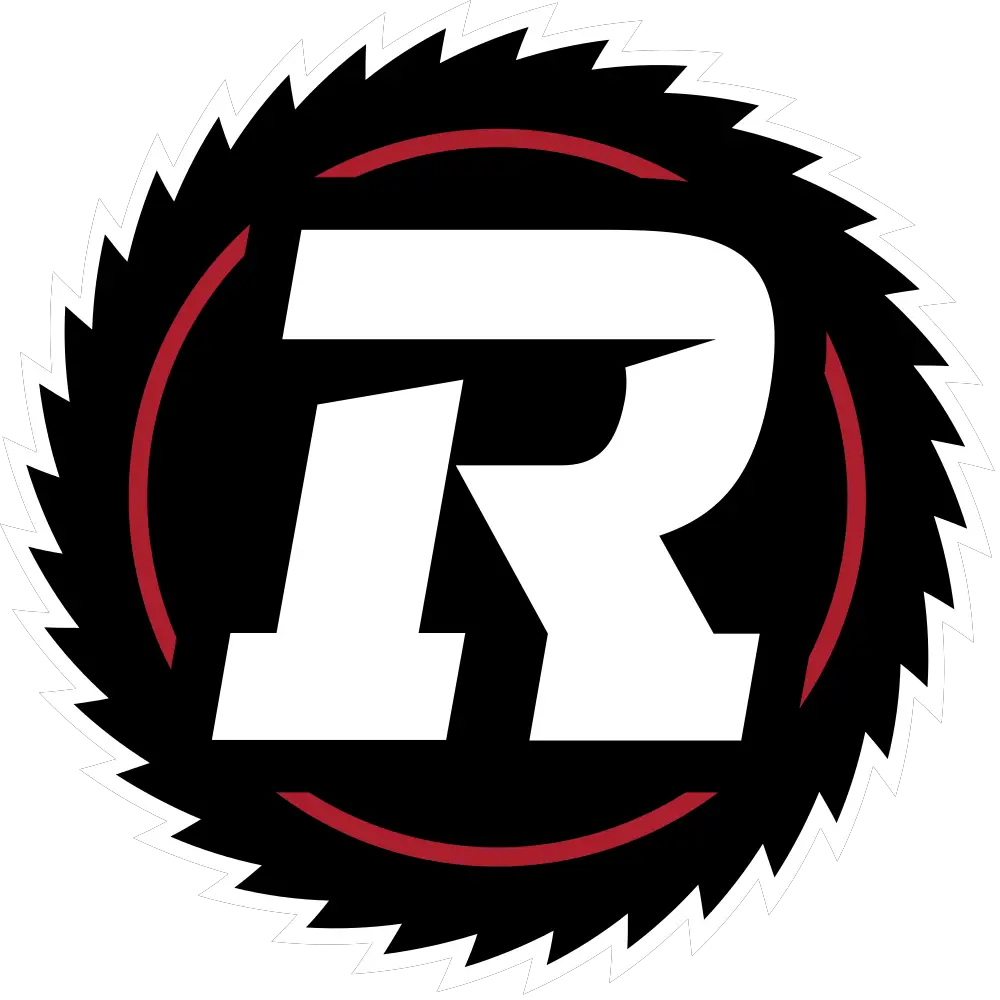On Aug. 17, Woodbine will stage the CA$1 million King’s Plate, the oldest continuously run stakes race in North America and Canada’s historic equivalent of the Kentucky Derby (G1).
The King’s Plate has similarities to the Derby, with both races being the first leg of the Triple Crown in their respective countries and at 1 1/4 miles for 3-year-olds, but the races also have some key differences. Unlike the Derby, which is on dirt, the King’s Plate is run on a synthetic Tapeta surface and restricted to Canadian-breds.
The latter fact alone means that fewer than 1,000 horses are eligible for it. In 2021, the year the 13 King’s Plate entrants were born, just 984 foals were born in Canada according to statistics from The Jockey Club. That is less than half that were born a decade earlier and a third of those born 30 years previously—declines much of North America has experienced, though compared to some regions, to a greater extent.
Yet despite coming from a relatively small pool of eligible horses, King’s Plate runners continue to prove themselves outside restricted company within the North American graded ranks. In two notable examples, 2023 King’s Plate winner Paramount Prince —who is Ontario-sired in addition to being foaled in the province—has rattled off two consecutive graded stakes victories in Canada this year, and Moira , the 2022 winner, recently captured the Beverly D. Stakes (G2T) at Colonial Downs to earn an automatic berth in the Nov. 2 Breeders’ Cup Filly & Mare Turf (G1T) at Del Mar. She ran third in that same race last year at Santa Anita Park.
The King’s Plate, named in honor of the current British monarch, was run as the Queen’s Plate from 1952-2022.
The connections of Paramount Prince celebrate a 2023 King’s Plate victory at Woodbine
“I think our Canadian horses don’t get enough credit or clout,” said Moira’s trainer, Kevin Attard, who runs four horses in Saturday’s 165th running of the Plate. “Year after year, we prove that we can breed, train, and raise a Thoroughbred in (Canada) that can compete on the world stage.”
Watch: Attard Reflects on Success of Plate Winners Such as His Trainee, Moira
He runs Jokestar , Pierre , Bedard , and Caitlinhergrtness , who will attempt to become the 39th filly to win the Plate. She carries 121 pounds, receiving a weight break of five pounds from her male rivals.
“Obviously, with the King’s Plate run at 10 furlongs under 126 pounds, it’s taxing for any horse,” Attard continued, speaking of the weight carried by colts and geldings. “I don’t think people realize the difficulty in even getting a horse prepared and making it to this race. So I think once you get a horse there and it proves to be successful enough to win, it’s a horse you have to recognize and give it some respect, that’s for sure.”

(L-R): Jockey Rafael Hernandez, trainer Kevin Attard, and co-owner Donato Lanni celebrate a victory from Moira in the 2022 Queen’s Plate at Woodbine
Moira is not alone in showcasing her Canadian skills in America. Other top performers through the past decade who took their show south of the Canadian border with graded success include Lexie Lou , Shaman Ghost , Holy Helena , and Wonder Gadot .
Well before them, just to name two, were legends Dance Smartly and Northern Dancer. The former was the 1991 Breeders’ Cup Distaff (G1) winner, and the latter famously won the Kentucky Derby, Preakness Stakes, and Queen’s Plate 60 years ago before an influential career at stud. Considered the greatest Canadian Thoroughbred in history, he is the only horse to have managed a Plate-Derby double.
Nowadays, it is rare for a Canadian-bred 3-year-old to run in parts of the American Triple Crown and the Plate, though the timing would allow for it. The Belmont Stakes (G1), the third and final leg of the American Triple Crown, is more than two months before the Plate.
The surface difference is one major reason why horses do not run in both, Hall of Fame trainer Mark Casse said.
“The one thing that’s great about Tapeta, it’s very kind on horses,” he explained. “Horses travel over it and it doesn’t take near as much effort, the good news is. The bad news is that when you try to run on dirt, dirt is much more trying and much more tiring—I think they use different muscles. It’s not an easy transition. You kind of have to make your mind up early on. Do you want a Derby horse or do you want a Plate horse? We fiddle with it sometimes.”
Watch: Casse Discusses Focusing on King’s Plate With My Boy Prince
Casse, who starts favored My Boy Prince in Saturday’s race, said he consulted with owner Gary Barber and they opted to patiently handle the colt this year after he was third in the Breeders’ Cup Juvenile Turf (G1T) last fall at Santa Anita. Last year, he also won a maiden race, two Canadian-bred stakes, and was second in the Summer Stakes (G1T).
“I said, ‘Look, Gary, this horse is taking more time than I expected. So let’s just concentrate on the King’s Plate,’ and that’s what we did, and that’s why we’re here right now,” Casse recalled.
My Boy Prince—a winner of three consecutive stakes this year in Canada under jockey Sahin Civaci, who is 6-for-6 riding the gray and/or roan—is a product of not only the Canadian breeding program but also a graduate of one of its key sales. The Murray Graham Smith-bred runner and a son of Airdrie Stud stallion Cairo Prince topped the 2022 Canadian Thoroughbred Horse Society Premier Yearling Sale when he sold for CA$115,000 (US$87,835) to agent Dr. Robert McMartin.
“I’ve bought four or five millionaires out of this sale. It’s a good-producing sale. We’ll be looking again,” Casse said of the upcoming sale that takes place Aug. 28 at Woodbine.
As with other leading contenders in this year’s King’s Plate, many are by stallions that stand or previously stood in the United States, including Kentucky. Casse’s three runners fit this profile. Besides My Boy Prince, Essex Serpent , a homebred for Manfred and Penny Conrad, is by Honor Code , and Midnight Mascot , who the Conrads acquired at the 2022 Keeneland September Yearling Sale, is a son of Army Mule .
“Still, the majority of our breeding base is Ontario-sired horses. That’s our bread and butter,” said David Anderson of Anderson Farms, who bred 2018 Queen’s Plate winner Wonder Gadot and is part of the X-Men Racing partnership that co-owns Moira. “But a lot of people realize that commercially, in order to get top dollar, they have to maybe consider breeding to some Kentucky stallions or New York stallions or (in) Pennsylvania, or wherever they need to go. And so they do that. When you sell below the border, you risk that those horses are not going to come back to Woodbine, but generally speaking, I think the owners and buyers out there know how strong our program is, and they want to buy and be able to come back and run at Woodbine.”

David Anderson of Anderson Farms in 2022 at Keeneland
Anderson and his fellow X-Men Racing partners are represented by the maiden Bedard in this year’s race, co-owning him with Madaket Stables and SF Racing. Anderson Farms bred him in Ontario before X-Men Racing, headed by acclaimed bloodstock agent Donato Lanni, bought him for $300,000 during the 2022 Keeneland September Yearling Sale. After going unplaced in his first three races, he has thrice been second.
“He was a gorgeous yearling, and he still is, by Nyquist out of a Quiet American mare,” Anderson said. “So there’s no reason the horse shouldn’t get a mile and a quarter. It’s just how fast is he gonna get there. We’re taking a shot.”
According to TJC estimates, the Canadian foal crop has rebounded somewhat since 2021, which followed the onset of COVID-19. Anderson points to the recruitment of pregnant mares via incentives within the Thoroughbred Improvement Program, which also provides breeders’ awards, stallion awards, and restricted stakes. Anderson is president of the CTHS and chair of the sale committee and TIP.
He estimated that the mare recruitment program had brought in 285 pregnant mares over the past three years.
“Well, the numbers are the biggest issue, and that’s in every jurisdiction across North America,” he said. “It’s kind of a zero-sum game. We’re all fighting for a piece of the pie. In Canada, we’ve just organically lost a lot of breeders, through death and wrapping up their operations. So for us to be actually at par or even a tick up, we’ve done really well.”
Saturday’s Plate serves as a showcase for Canadian breeding and racing, and he and other Canadians are excited about it. Woodbine has opened up parts of the facility in expectation of a large crowd, and attendance could surpass 20,000 fans. The race will be nationally televised on Sportsnet and Citytv.
“Well as a Canadian kid growing up, this is our holy grail,” Anderson said. “This is our Super Bowl, our Stanley Cup of horse racing, and it’s what we dream about as breeders and owners, quite frankly. Any time you’re going for a million dollars and in front of so many people—it’s just really an exciting experience, an exciting day, no doubt.”
Editor’s Note: BloodHorse’s on-track coverage of King’s Plate weekend is partially funded with travel provided by Woodbine.











